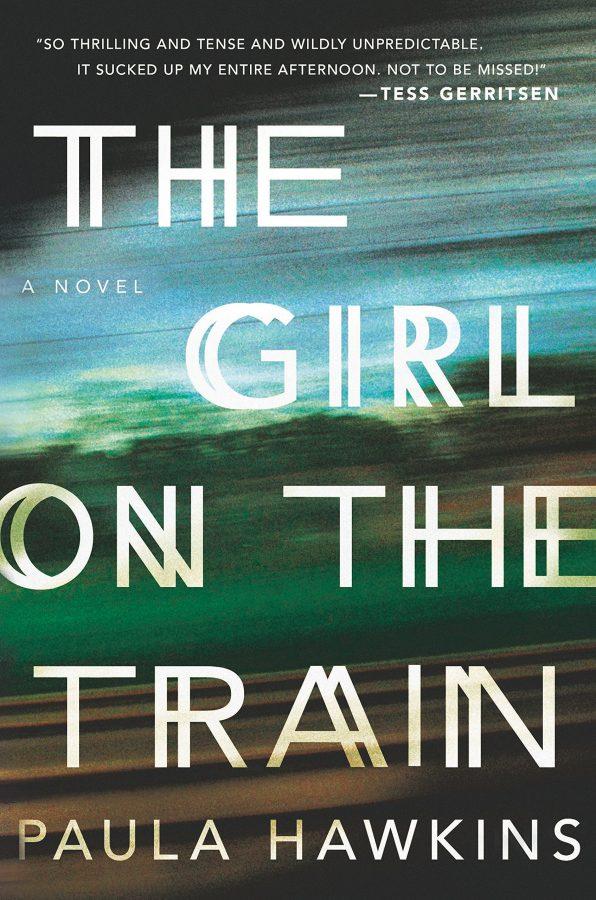The popularization of turning thrilling suspense novels into films is one that has been on the surface for the last few years. Novels like “The Girl with the Dragon Tattoo,” “Gone Girl,” and “The Martian” have startled their audiences with jarring plot twists and elaborate plot arcs. Now, Paula Hawkins delivers a more domestic thriller that will leave readers on the edge of their seat.
At first, the novel appears to be one that just addresses infidelity, affairs, and polyamorous situations. The peripheral vibe of the novel seems to be one that thrives on jealousy and cheating, but it becomes so much more than that. “The Girl on the Train” is told in the perspective of three different women who are all linked…I refuse to give any spoilers, you just have to read to find out. The book quickly turns from a women’s novel of distress and romantic turmoil to a gripping tale of a mysterious disappearance.
This book covers issues such as misogyny, alcoholism, and nontraditional marriages, which add a psychological layer to the depth of the novel. The novel is also heart-wrenchingly accurate in how the different women are portrayed, each narrative succeeding in the expression of the character. While the convoluted plots may appear to be overzealous at first, they all work well together and balance properly with the very fast pace of the story.
Currently, “The Girl on the Train” is in the works for a film adaptation with Emily Blunt in the lead role. While the film is not set to be released until October 2016, audience are eagerly anticipating the movie. Why? With the success of “Gone Girl,” psychological thrillers have gained a strong appeal with readers and watchers alike. The structure of these novels attack large social issues without even trying.
“The Girl on the Train” observes blatant sexism in the coolest, most nonchalant of ways. It is almost as if we are not supposed to notice it. Women are portrayed as weak to the iron fist of men in this novel, which is intentional on Hawkins’ part. She creates the opposite of a feminist utopia, one where women are devalued to only a spousal pleasure, which makes the reader question their own social standing in relationships.
I encourage readers to pick up this novel before the movie hits theaters in less than a year. It is predicted to be a box-office hit, and after keeping the number one spot on the New York Times Bestseller list for 13 consecutive weeks, I think that is a great possibility.


